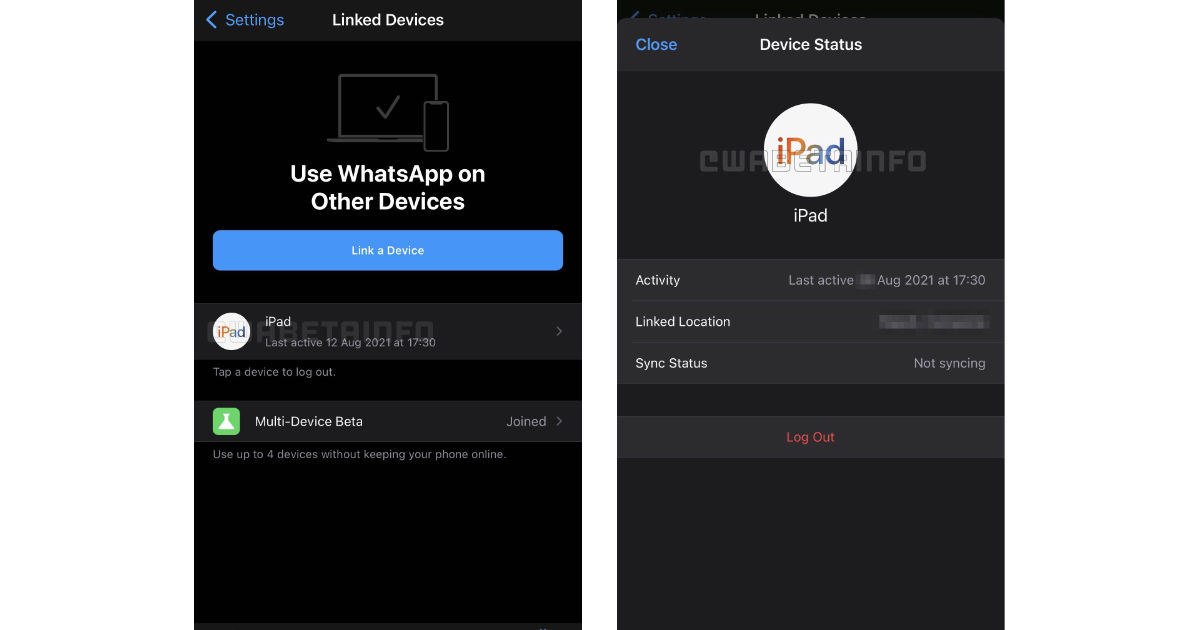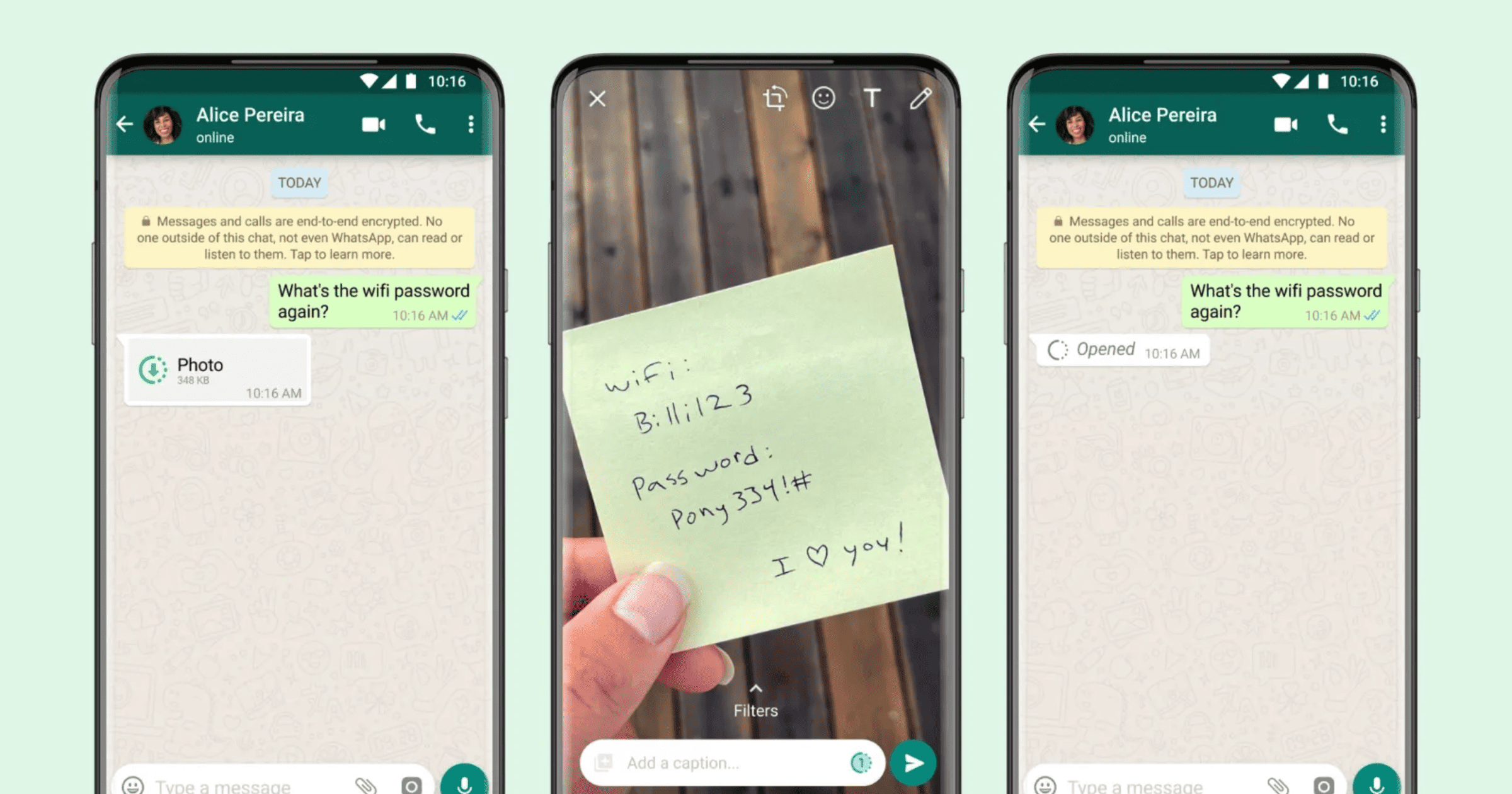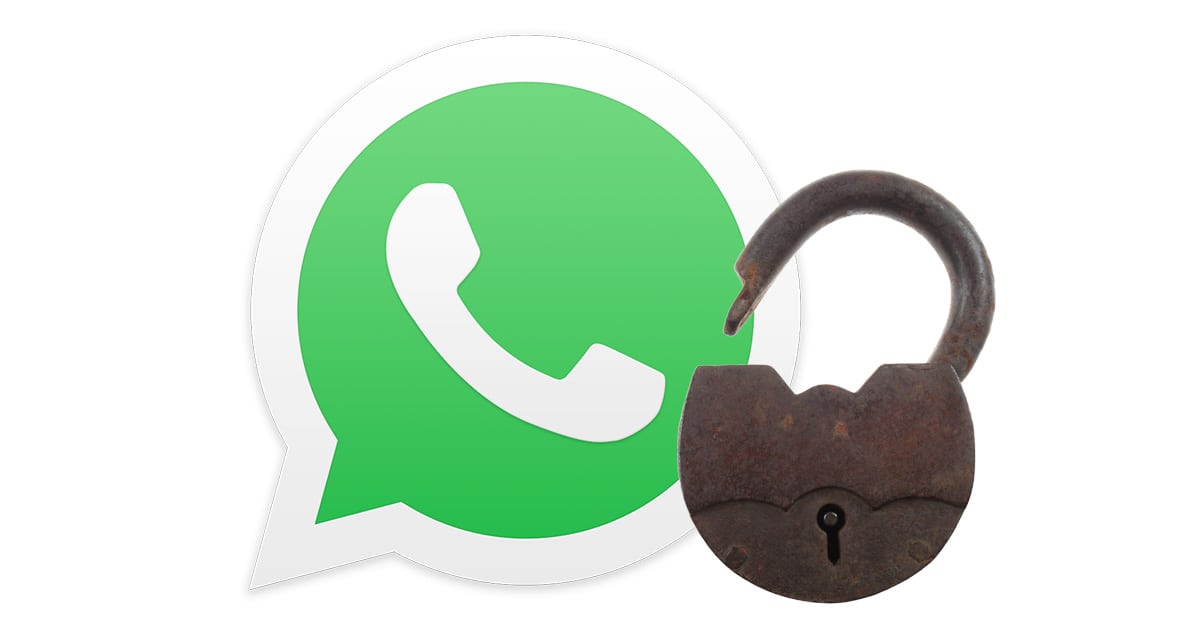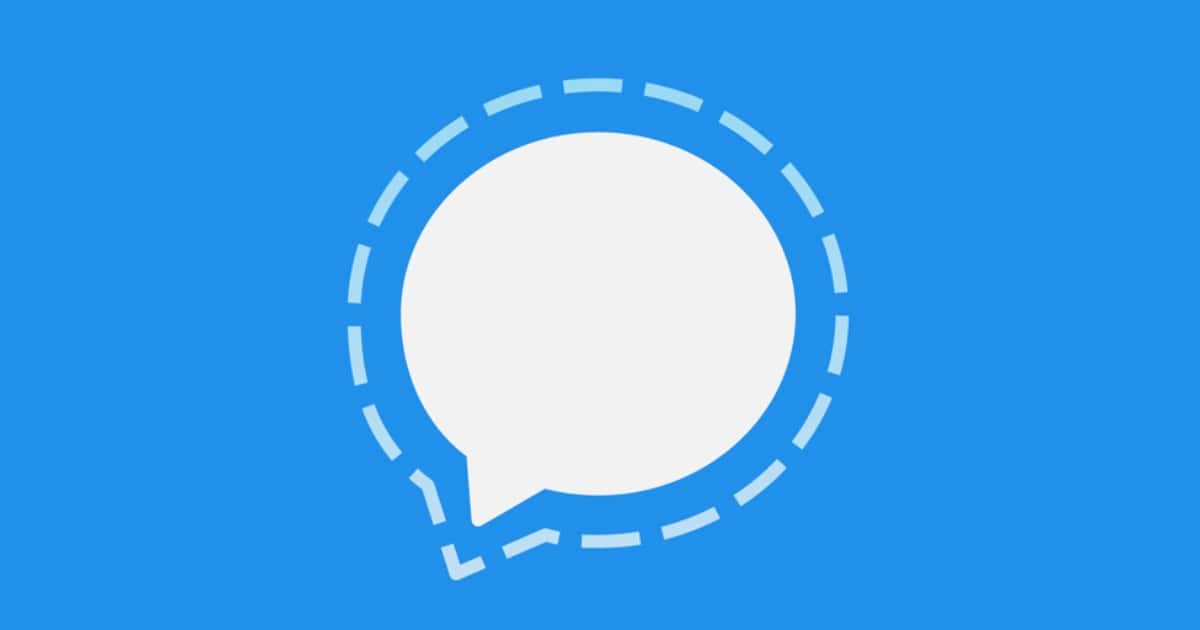In this article, we’ll help you learn how to use the Silence Unknown Callers feature to block unknown callers on WhatsApp on iPhone.
Search: Whatsapp
How To Disable WhatsApp Calls on iPhone
I will help you understand how to disable WhatsApp calls On iPhone or on any other app. The FAQ addresses questions about WhatsApp calls.
How to Use Same WhatsApp Number on Multiple Phones
A recent WhatsApp updates adds multi-device support to WhatsApp. Read along to learn how to use the same WhatsApp number on multiple phones.
WhatsApp Stuck on Connecting on iPhone? Here's What to Do
If you are facing the reconnecting issue on WhatsApp, read along to learn how to fix WhatsApp reconnecting issue on your iPhone.
How To Use WhatsApp Groups Participant Approval Feature
WhatsApp’s new participant approval feature lets admin approve/reject new users on group. It helps stop spammers from joining WhatsApp groups.
How to Hide WhatsApp Messages on iPhone
For those who want to hide WhatsApp messages on iPhone, this guide offers several ways you can do so by archiving chat conversations.
How to Fix WhatsApp Notifications Not Showing on iPhone
Follow the troubleshooting tips on this quick guide to resolve the issue of WhatsApp notifications not appearing on iPhone.
Meta's WhatsApp Tests New 2GB File Size Limit for Users in Argentina
Meta-owned WhatsApp is testing a new feature that allows some users in Argentina to send files up 2GB. Currently, no word on a release.
Swiss Army Seeks Private Messenger 'Threema' Over WhatsApp
Switzerland’s army told its soldiers not to use foreign messengers such as WhatsApp, due to privacy concerns. Instead, the recommendation is to use private messenger Threema, a Swiss app.
Army spokeswoman Delphine Schwab-Allemand, in an e-mail on Wednesday confirming reports on the issue in Swiss media, seemed to soften the army’s position, saying that there was a “recommendation” that troops use Threema. It took effect on Jan. 1. She added that the army cannot and does not want to tell troops to use a particular app on their private devices.
WhatsApp Will Add Crypto Payments Through Meta's Novi Wallet
Meta-owned WhatsApp will allow users to send and receive cryptocurrencies by integrating the company’s Novi wallet.
WhatsApp Users Can Enable Disappearing Messages by Default
WhatsApp is now letting users turn on disappearing messages for all chats by default.
Prior to Monday’s update, users had to manually enable ephemerality for each new chat with another individual. WhatsApp is additionally also giving users the option to have their messages disappear after 24 hours or 90 days, in addition to the seven-day period it originally introduced the feature with last year.
WhatsApp Working on Audio Message Playback Speed Controls
WhatsApp is seemingly working on a feature that will allow users to control the playback speed of audio messages, something that already exists for voice notes. iMore spotted the development on a WABetaInfo post. Audio messages seem to be becoming increasingly popular, so I imagine this feature will be a welcome addition on the widely used app.
Audio messages are essentially forwarded voice notes, but while the latter can have its playback speed manipulated by the user, that isn’t the case with the former. According to a WABetaInfo post, that’s going to change — and has already done so for those who are testing the WhatsApp beta release. “The feature to play voice notes using different playback speeds was a huge success. After releasing the feature on WhatsApp beta for Android 2.21.9.10 and WhatsApp Messenger beta for iOS 2.21.90.11 updates, WhatsApp is now working on a new version of the feature, making it compatible with audio messages.”
WhatsApp Rolls Out Support for End-To-End Encrypted Backups
WhatsApp is rolling out support for end-to-end encrypted backups for Google Drive and iCloud. Here’s how to enable the feature.
Make sure you’ve got the latest version of WhatsApp.
Open Settings.
Tap Chats > Chat Backup > End-to-end Encrypted Backup.
Click Continue, then follow the prompts to create your password or 64-digit encryption key.
Hit Done, and wait for your end-to-end encrypted backup to be prepared. You may need to connect to a power source.
Facebook, Instagram, and WhatsApp All Down [Updated]
Facebook and other services that it owns – Instagram and WhatsApp were down for users around the world on Monday.
EU Fines WhatsApp $266 Million Over Data Transparency
The Irish Data Protection Commission has ordered Facebook-owned WhatsApp to pay a US$266 million fine over the way it handles user data.
WhatsApp Public Beta Comes to the Mac, iPad-native Version in the Works
A macOS public beta for the private messaging app WhatsApp is available now with features not yet available in the regular public release, and there’s also confirmation of an iPad-native app in the iPhone app code.
WhatsApp One Time View Photos and Videos
WhatsApp began rolling out photos and videos that can only be used on Wednesday. It will become available to all users, according to a blogpost from the Facebook-owned messenger.
On many phones, simply taking a photo means it will take up space in your camera roll forever. That’s why today we’re rolling out new View Once photos and videos that disappear from the chat after they’ve been opened, giving users even more control over their privacy. For example, you might send a View Once photo of some new clothes you’re trying on at a store, a quick reaction to a moment in time, or something sensitive like a Wi-Fi password. As with all the personal messages you send on WhatsApp, View Once media is protected by end-to-end encryption so WhatsApp cannot see them. They will also be clearly marked with a new “one-time” icon.
WhatsApp Content Moderator - ‘I Sold My Soul.’
WhatsApp content moderators have to review some of the most disturbing content floating around the internet. Time spoke to some of them about the lack of support and their allegations of pay discrimination.
Content moderators working at Accenture for WhatsApp are entitled to 30 minutes of “wellness” breaks per eight-hour shift, employees say, as well as one-on-one access once a month to “wellness coaches” provided by the company. They also undergo training to prepare them for the kinds of content they are expected to look at on the job. But even Accenture acknowledges that the help these resources provide is limited. Moderators working on a Facebook contract for Accenture in Europe were required to sign a document in January 2020 acknowledging “that the wellness coach is not a medical doctor and cannot diagnose or treat mental health disorders.” TIME viewed a copy of the document, which was first reported by the Financial Times. It requires employees to acknowledge that “the weCare Program [wellness] services, standing alone, may not be able to prevent my work from affecting my mental health.” It also notes that the work “could even lead to Post Traumatic Stress Disorder.” (Facebook told the Financial Times it did not review or approve the document, and was not aware of it.)
Let WhatsApp Harvest Your Data or It Will Restrict Your Account
Facebook-owned WhatsApp has a controversial new privacy policy that says it will share your data with Facebook companies.
WhatsApp Introducing Face or Touch ID When Linking to Web/Desktop
WhatsApp has started to roll out a new security feature that will require Touch or Face ID when linking devices via web and desktop app.
Signal Signups Surge After WhatsApp Controversy And Elon Musk Tweets
Encrypted messaging app Signal is seeing a surge in signups, The Verge reported. It seems to come on the back of supportive tweets from Tesla chief Elon Musk and controversy around WhatsApp mandating users to share data with its parent company, Facebook.
But what’s happening now appears to be a bit of context collapse on social media, as WhatsApp users think they’re now being forced to share data with Facebook even though that’s been happening all along if they didn’t opt out back in 2016. None of this is helped by Facebook and WhatsApp’s recent attacks on Apple for the iPhone maker’s decision to mandate new self-reported labels on iOS apps and its future plans to force app makers to request permission to track Apple device owners. The new privacy policy notice doesn’t help Facebook’s cause, either, considering it tells users displeased with the changes — which, again, are about how businesses manage their chats on WhatsApp using Facebook’s backend — to “delete their account,” with no other remedies provided.
[Updated] Incoming WhatsApp Privacy Policy Mandates Facebook Data-Sharing
WhatsApp has updated its privacy policies, mandating users to share data with parent company Facebook from early February.
Explosive Document Reveals Facebook Gave Google Exclusive Access to Encrypted WhatsApp Messages
A document from the Texas Attorney General as part of its antitrust investigation reveals Facebook gave Google access to WhatsApp content.
Ahead of Apple’s ATT, WhatsApp Explains its Privacy Labels
Ahead of the upcoming iOS 14 App Tracking Transparency feature, Facebook-owned WhatsApp explains the privacy labels people will see on its App Store page. The app will collect contact information like your phone number, your (optional) email address, contacts, financial information to use certain features, shopping activity like product browsing and purchasing data, your IP address, general location, usage data, and diagnostics.
With end-to-end encryption, messages are not stored on our servers after they’re delivered, and in the normal course of operating our services we do not retain a record of the people you may message.
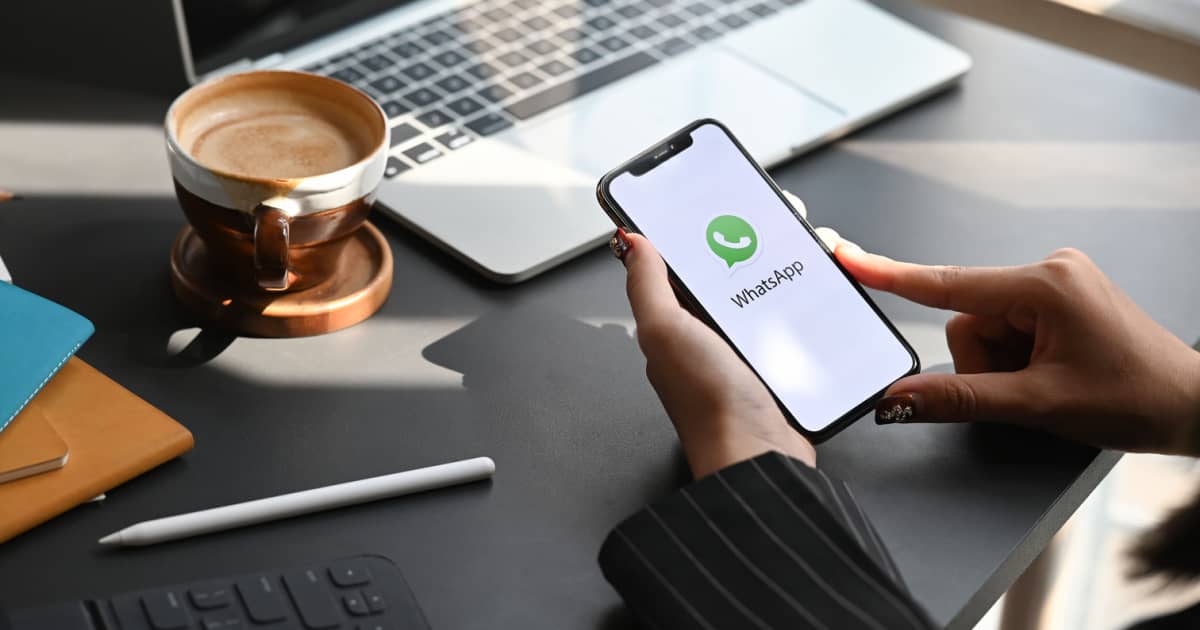
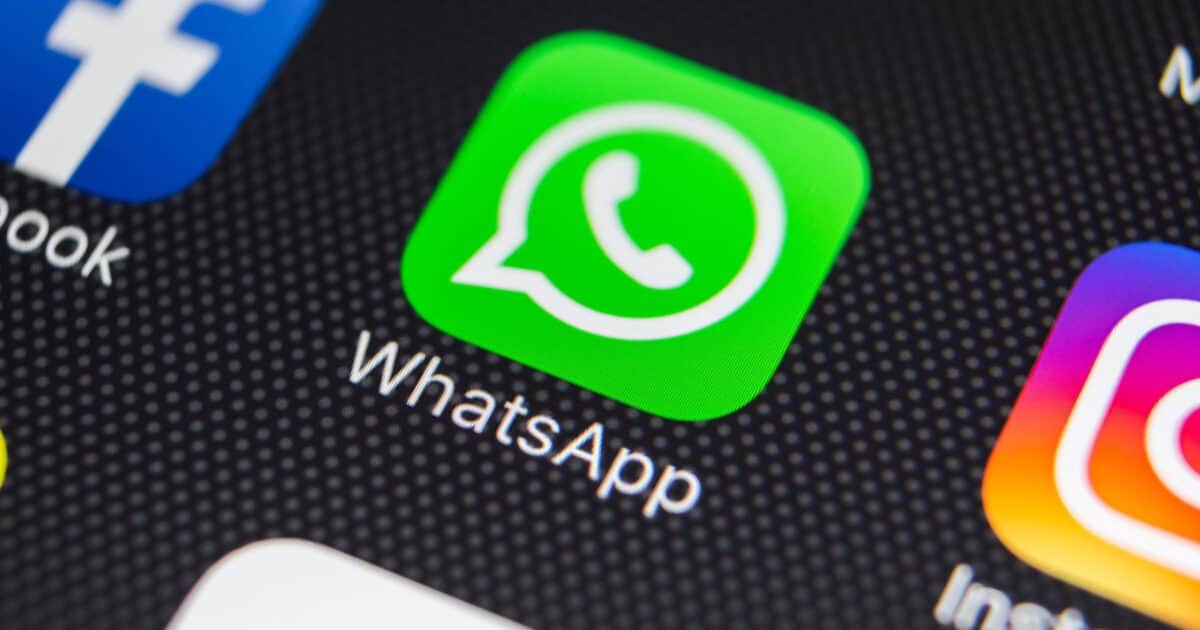
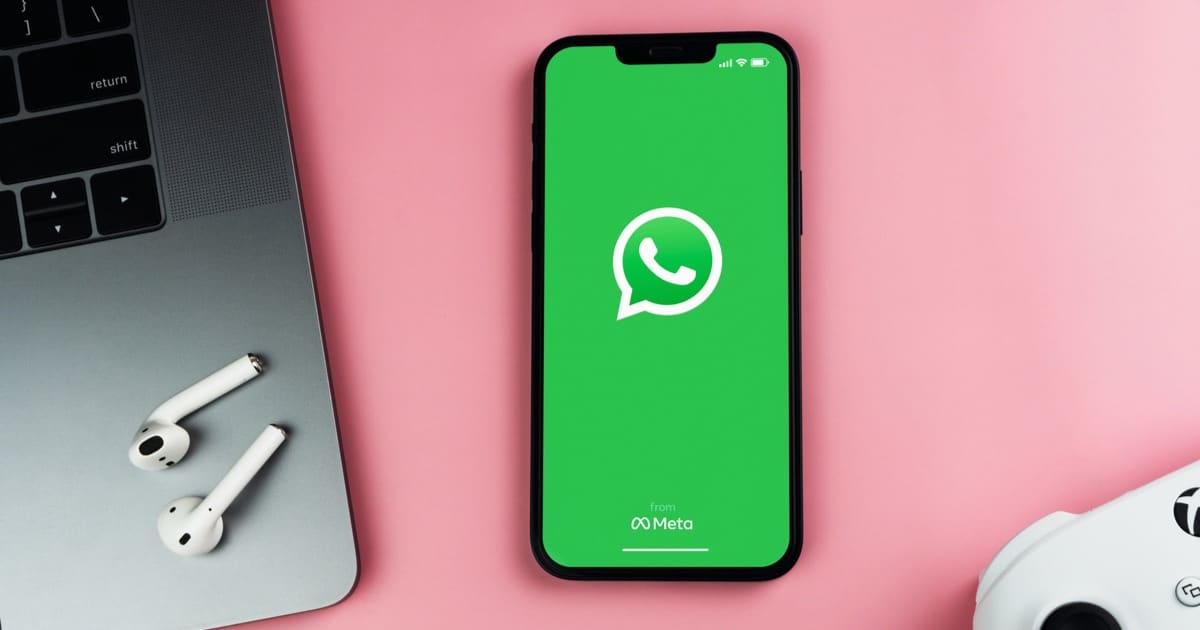
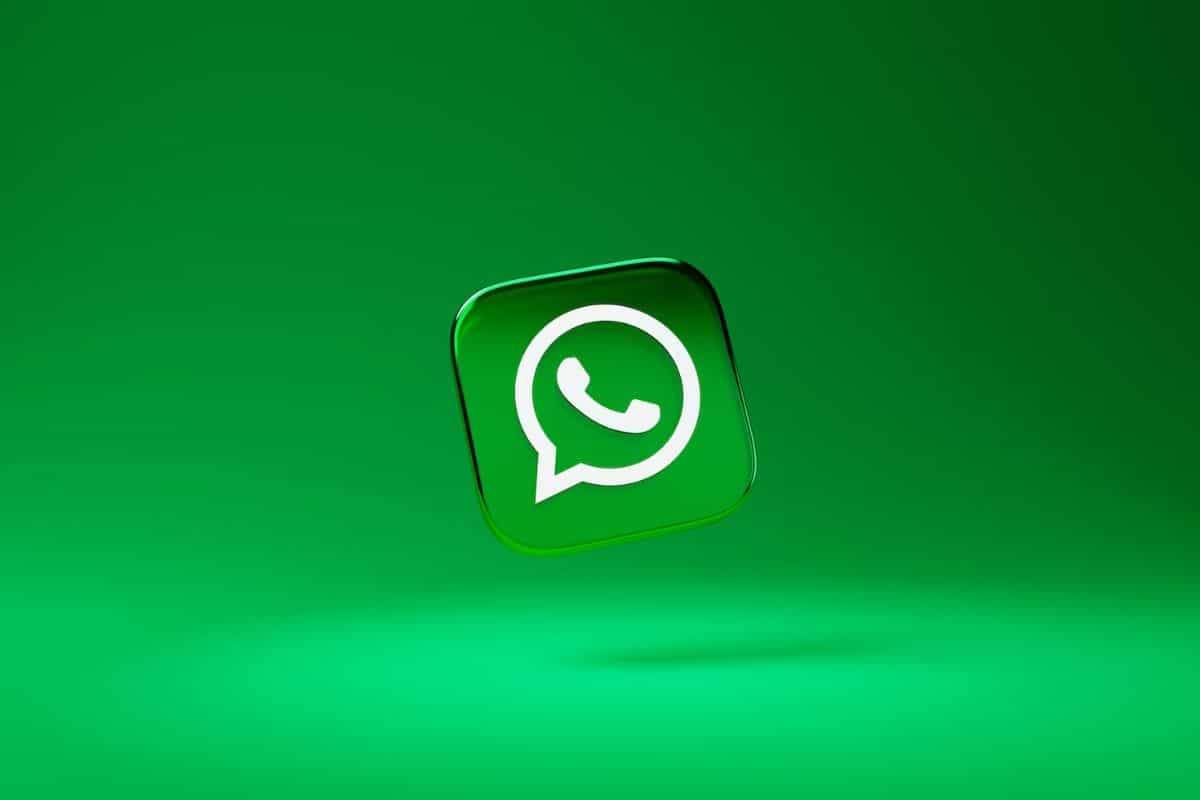
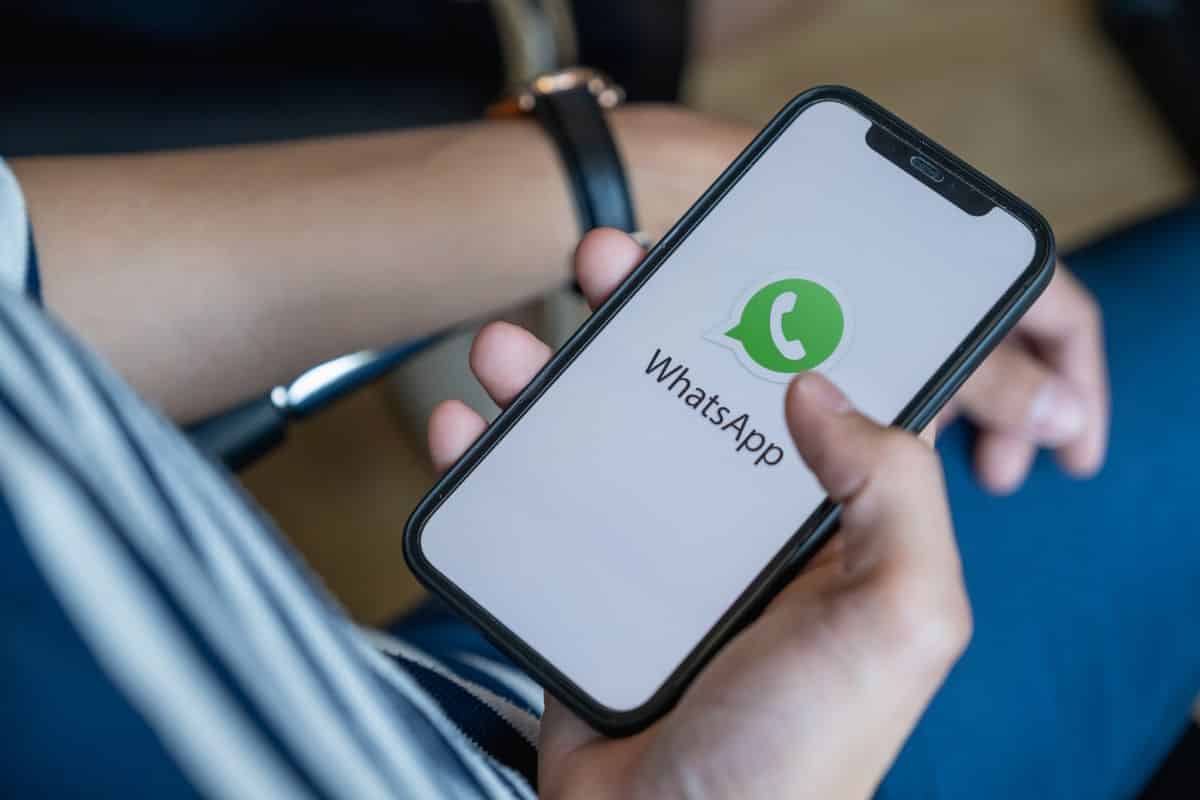
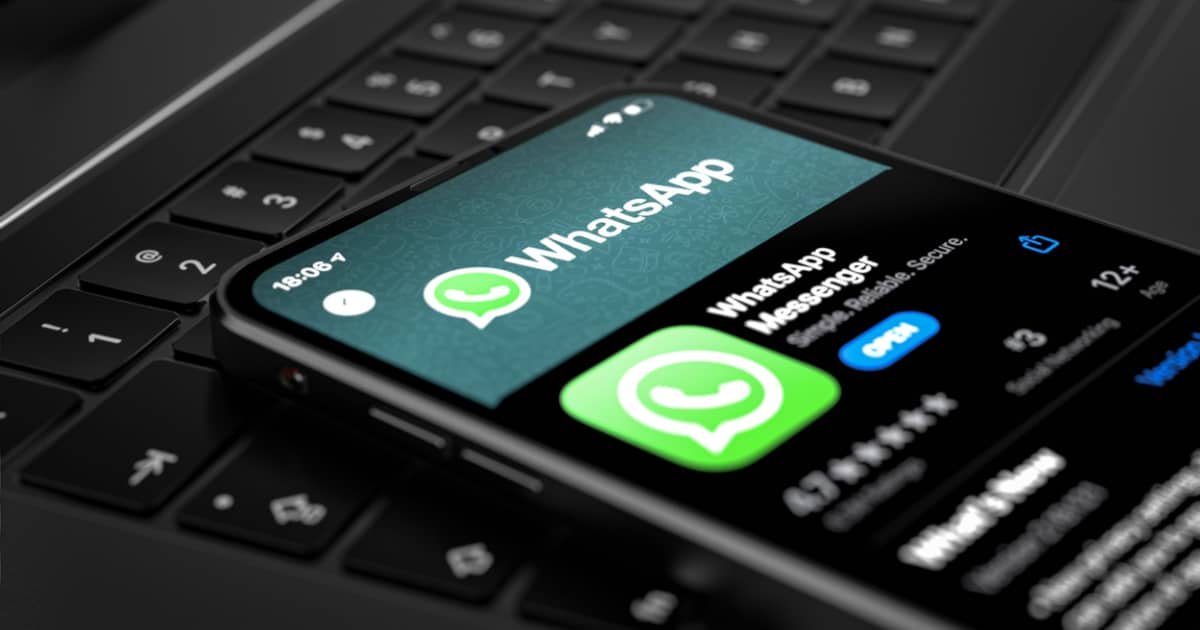
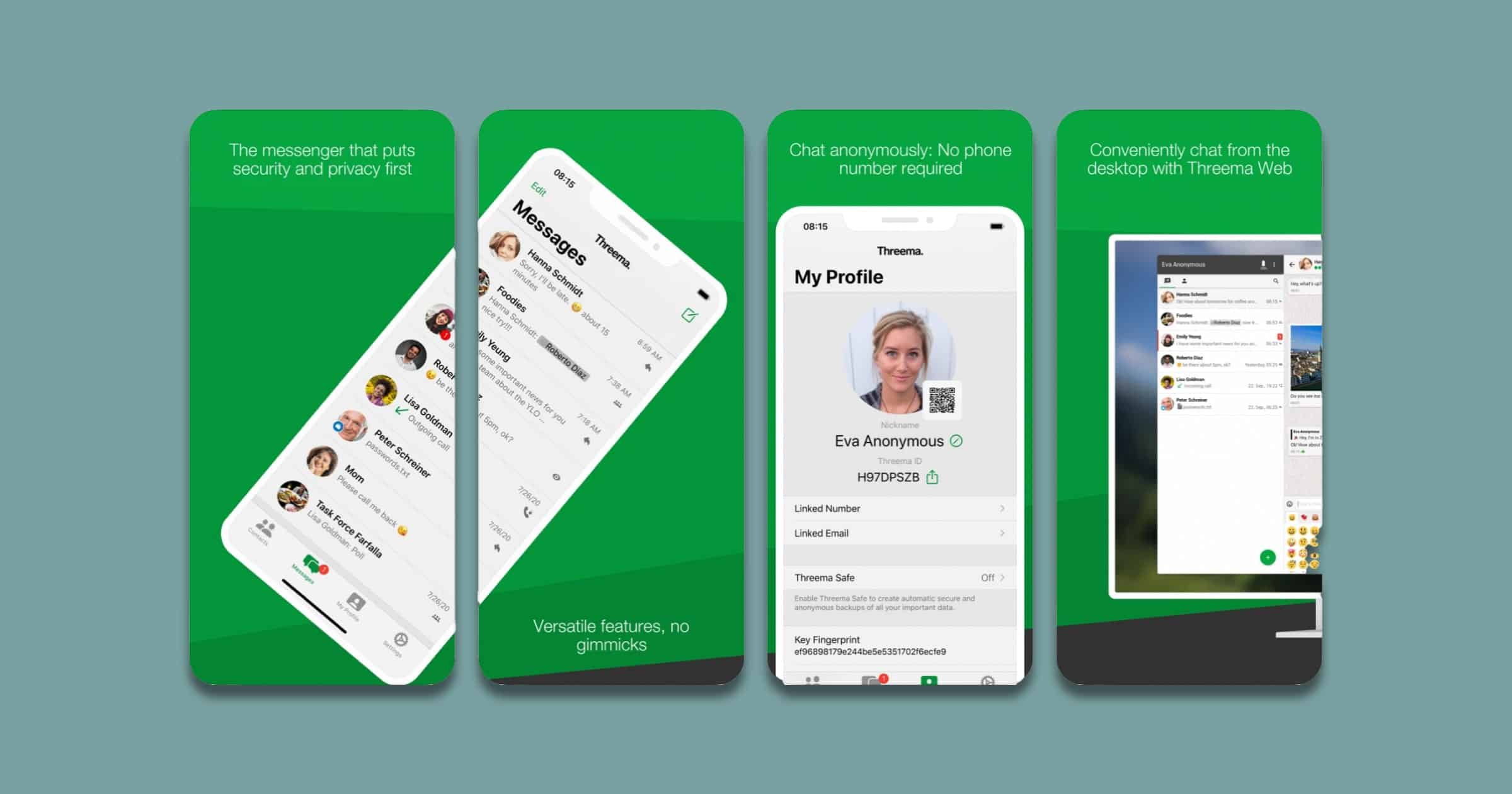
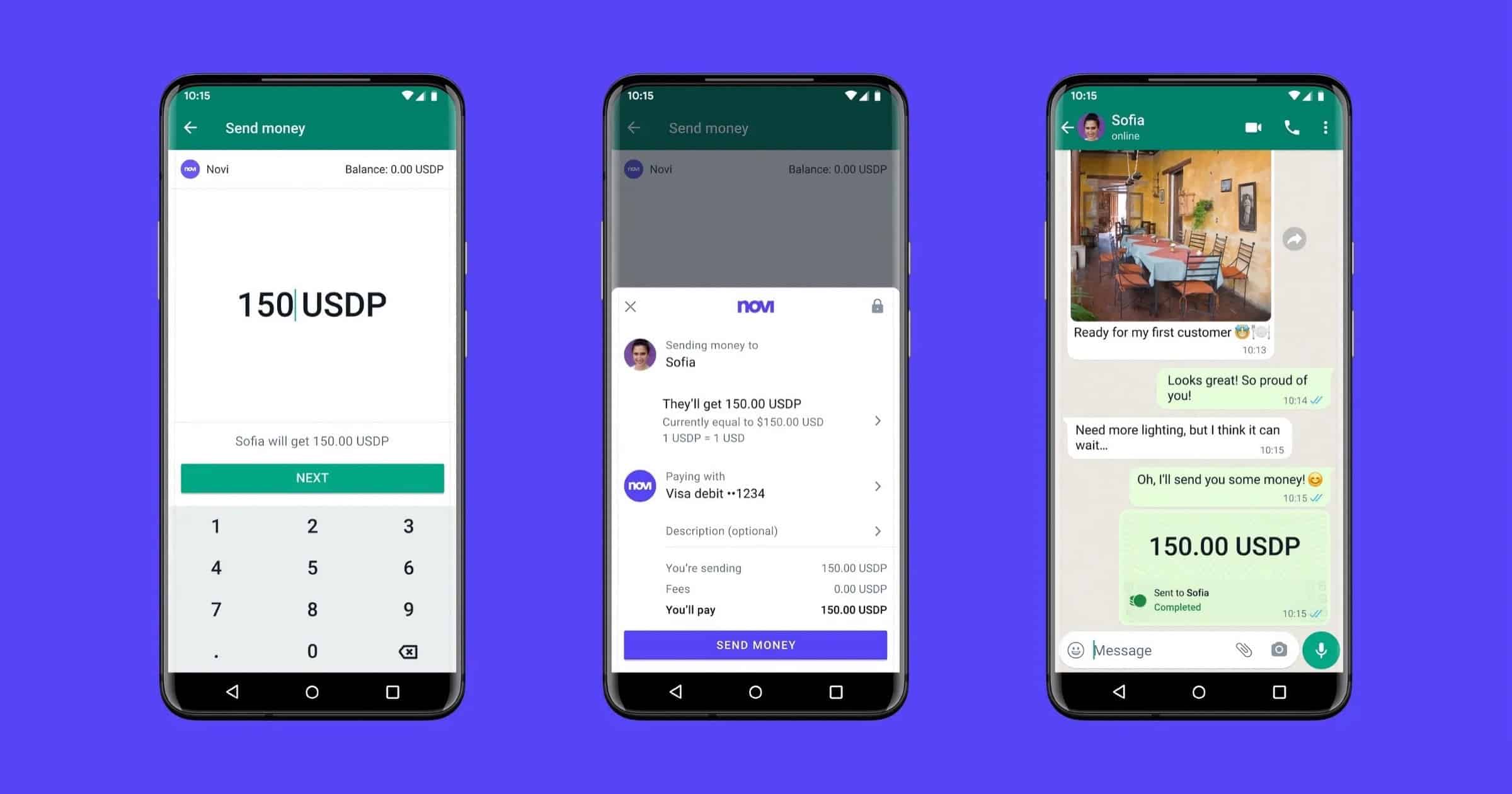
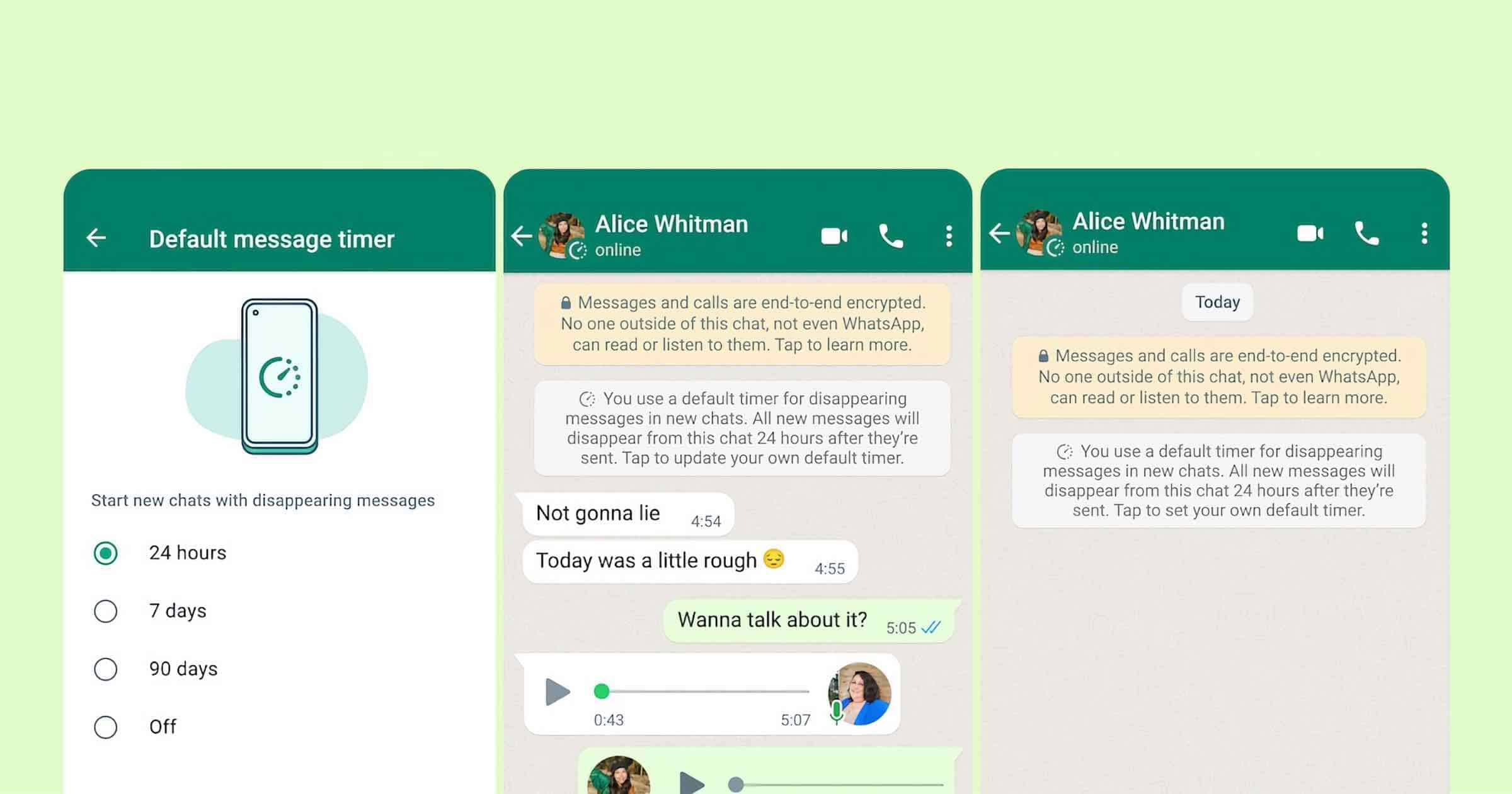

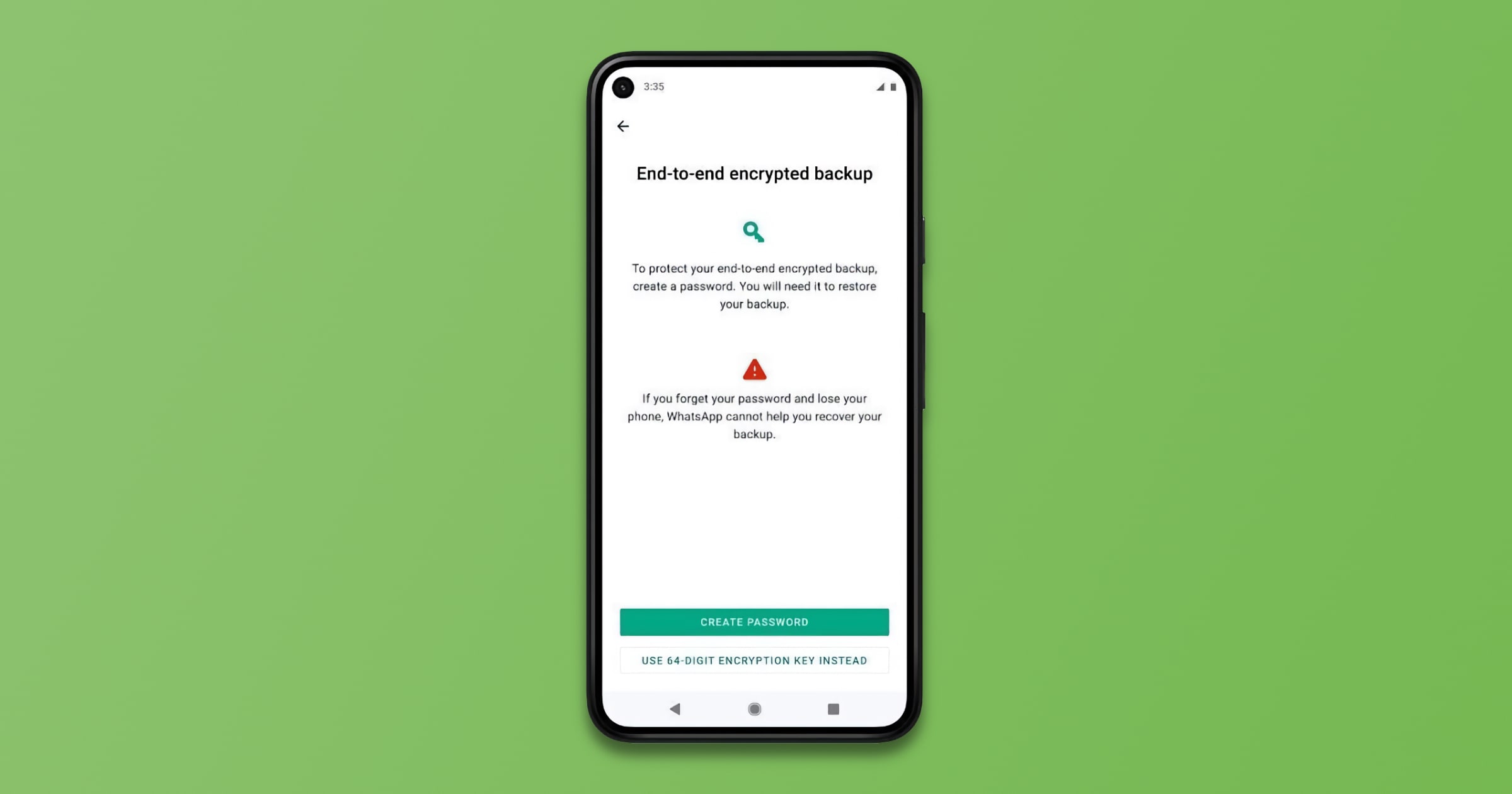
![Facebook, Instagram, and WhatsApp All Down [Updated]](https://www.macobserver.com/wp-content/uploads/2019/05/workfeatured-Facebook-new.jpg)
